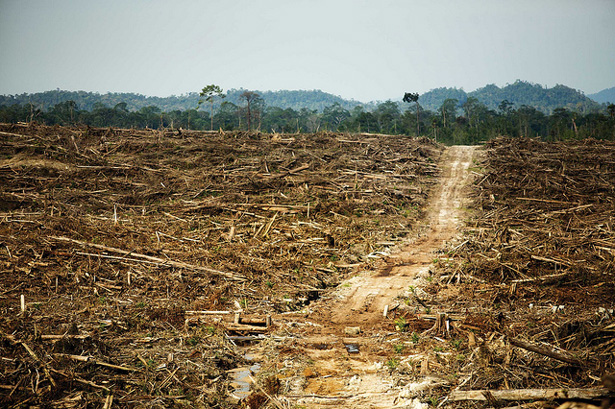-
Jonathan Pincus, Foreign Policy
Indonesia: Stop Chopping, Start Learning
January 24, 2013 By Wilson Center Staff
The original version of this article, by Jonathan Pincus, appeared on Foreign Policy.
The Indonesian economy, which for so long had been an also-ran in the Asian growth derby, is getting good press these days. There’s no mystery why. While much of the world is struggling in the aftermath of the global financial meltdown, Indonesia continues to post annual economic growth rates in excess of six percent. What’s more, public debt is now less than 25 percent of GDP – down from 96 percent in 1999. And it is still falling relative to GDP: The budget deficit is only about two percent of GDP, among the lowest in the region.
It should have been no surprise when the McKinsey Global Institute, part of the eponymous management consulting company, concluded that Indonesia “is larger, more stable, and more advanced than many companies and investors around the world realize.” Rapid economic growth will likely be sustained until 2030 at minimum, MGI concluded, when the economy will be the seventh largest in the world.
But lurking behind such optimistic scenarios is a troubling reality. Indonesia has (literally) burned through much of its generous endowment of natural resources in getting this far, and is on a path to consume much of the rest. To continue to grow rapidly for the decades needed to build a sustainable high-income economy, Indonesia will need to sharply increase investment in fixed assets, knowledge and skills, and/or sharply cut natural resource depletion.
Continue reading on Foreign Policy.
Sources: McKinsey Global Institute.
Photo Credit: “Cargill’s Problems With Palm Oil,” courtesy of David Gilbert/Rainforest Action Network.
Topics: biofuels, consumption, development, economics, energy, environment, forests, Indonesia, natural resources, poverty
 A Publication of the Stimson Center.
A Publication of the Stimson Center.



